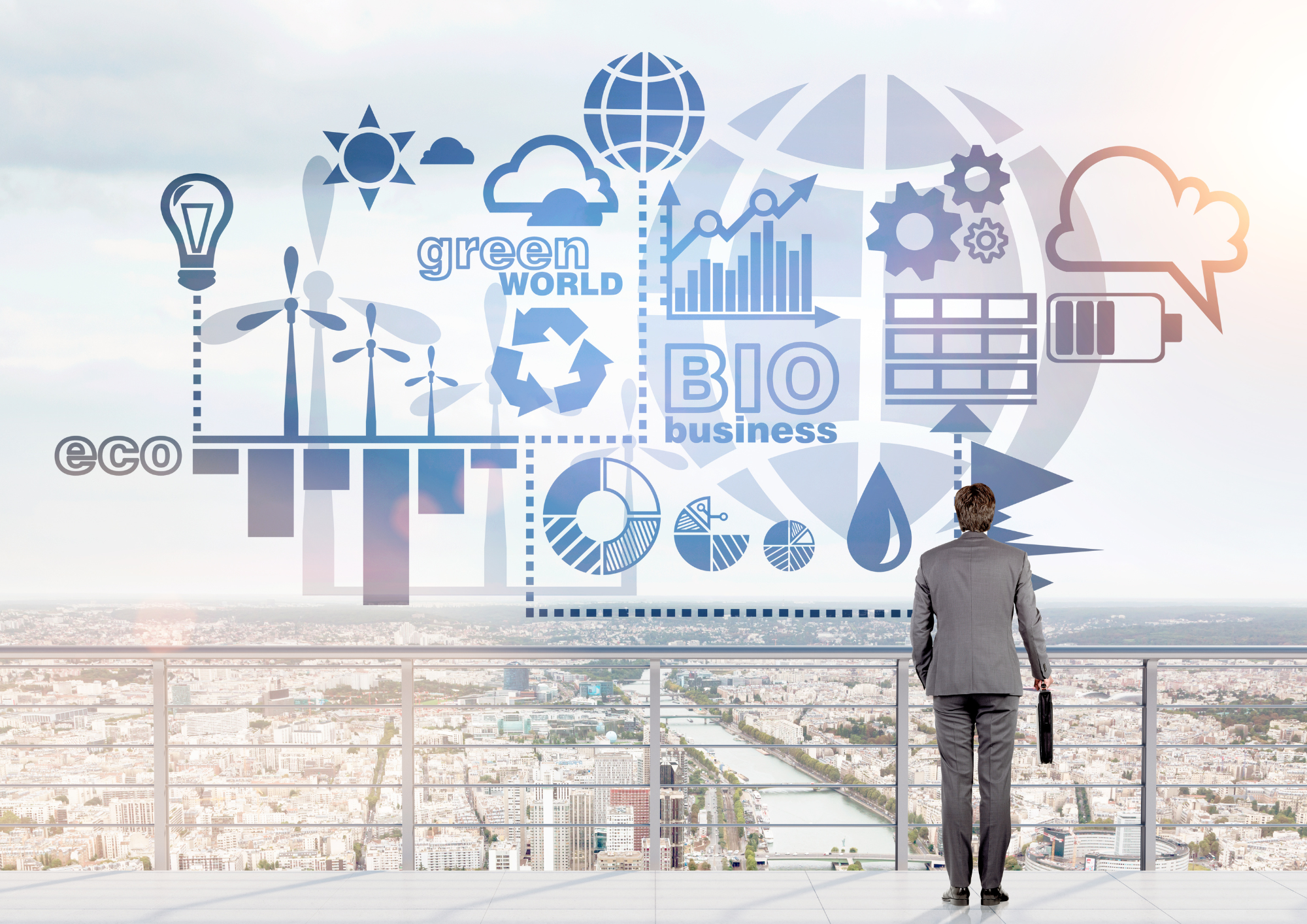In our fast-changing world, our actions are leading us down a perilous path. Globalisation and economic liberalisation may have brought us wealth, but they have also unleashed a terrifying monster: climate change.
This monster is wreaking havoc on our environment, society, and the future of our children. In the Asia-Pacific region, a colossal carbon dioxide (CO2) monster is on the loose, having produced 17.96 billion metric tons of CO2 emissions in 2022, more than the combined total emissions of all other regions that year, with CO₂ accounting for roughly 75% of greenhouse gas emissions and being the main driver of climate change (Tiseo, 2023).
Climate change, according to the Intergovernmental Panel on Climate Change (IPCC, 2022), will cause increased floods and droughts, as well as heat stress, which will have a negative impact on food availability and prices, resulting in increased undernourishment in South and Southeast Asia. Despite accounting for only 0.01% of all living beings by weight, humans are responsible for the extinction of 83% of wild mammals and half of all plant species, according to a World Economic Forum (2020) report.

We can no longer ignore the undeniable truth: our planet is in grave danger. Unsustainable consumption and production are the main drivers of the triple planetary crises of climate change, biodiversity loss and pollution, threatening human lives, the environment, and undermining our Sustainable Development Goals (SDGs).
Despite the challenges brought on by global warming and climate change, it is not too late for us to unite and fight back. These challenges provide us with opportunities for innovation and resilience. By investing in green technologies and sustainable practices, we can thrive in a world where both our economy and environment prosper. Each one of us has the ability to make choices that will reduce our carbon footprint and champion a sustainable way of life. We must reduce greenhouse gas emissions, bolster natural carbon sinks, raise environmental awareness, and harness the power of technology to salvage our world. Transitioning to clean, renewable energy sources will not only shrink our carbon footprint but also spur innovation, create jobs, and drive economic growth.
To secure a sustainable future, we must find harmony among three critical pillars: economic growth, social inclusion, and environmental protection; often referred to as the Triple Bottom Line, our roadmap to a world where prosperity is shared, communities are fortified, and our environment is preserved.

About the Author:
ASSOC PROF DR RATNESWARY RASIAH
Associate Professor of Economics, Graduate School of Business, SEGi University
Assoc Prof Dr Ratneswary has vast academic and leadership experience, having held various positions, including the role of Pro-Vice Chancellor of Teaching, Learning and Research, as well as the Associate Dean of Learning and Quality in her previous university. Dr Ratneswary’s strength lies in her ability to capture her students’ imagination as she draws on a wide range of real-world cases and data to enhance and illustrate the various economic theories and concepts. She is known for her enthusiasm, good sense of humour, innovative and engaging teaching and learning methods and her pastoral care, providing students with a conducive learning environment. She is currently supervising doctoral students and has graduated a number of PhD students. AP Dr Ratneswary also actively undertakes research and scholarly activities. Aside from presenting papers at national and international conferences, she has also published many papers in peer-reviewed journals, aside from securing several national and international research grants.

